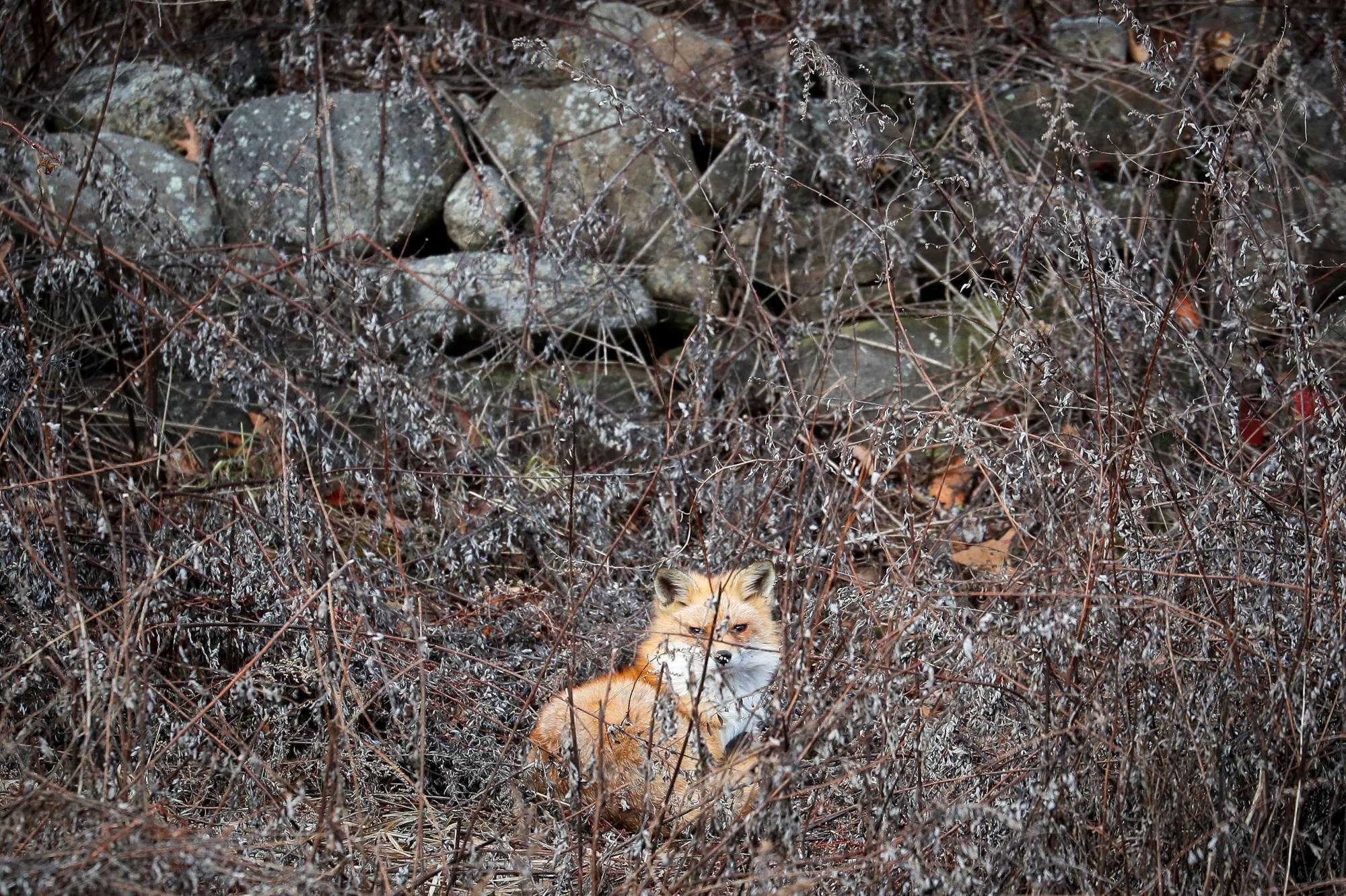As the world’s climate warms, parasite-carried wildlife diseases will move north, with animals in cold far-north and high-altitude regions expected to suffer the most dramatic increases, warns a study published on Friday in the journal Science.
The study projects increasing spread over the next five decades of wildlife diseases caused by bacteria, fungi, viruses and infectious worms. There are serious implications for humans, said co-author Jason Rohr of the University of Notre Dame in Indiana.
"We do know that 75% of emerging infectious diseases have a wildlife origin,” said Rohr, who runs an ecology and public health lab at Notre Dame. "We should be concerned for our own health when we see studies suggesting that there could be increases in infectious disease in wildlife.”


















With your current subscription plan you can comment on stories. However, before writing your first comment, please create a display name in the Profile section of your subscriber account page.